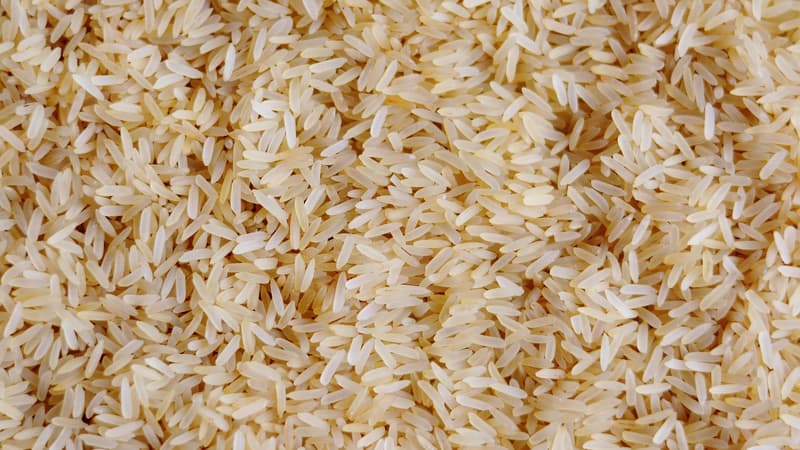The negotiations between the European Union and India continue, in New Delhi, to conclude a “strategic priority” by the European Commission for the end of the year. The discussions, began in 2007 and then interrupted, resumed in 2022 and have become more pressing in recent weeks.
The two parties seek to conclude commercial alliances, in a context of hardening of international trade, in particular linked to the recovery of US customs tasks, particularly high for India.
But several friction points persist. One of the most unexpected is Basmati rice exports in the EU. This variety, cultivated in the Pendjab region for several centuries, has been the subject of a confrontation between India and Pakistan, enemy countries since 1947, whose rivalry degenerated into armed conflicts in spring.
Specifically, India seeks to obtain the exclusive right to sell Basmati rice in the EU since 2018. On that date, the Pakistani competitor has exceeded the country in the European market. Last year, Pakistan exported more than 440 million euros in rice to Europe, almost twice more than India (268 million euros) according to official data.
Therefore, to resume the advantage, India has submitted an EU protected geographical indication application (PGI) and today one of the conditions for the signature of the commercial agreement in accordance with the Financial Times. At the moment, the European Commission refuses to do so, for fear of angry Pakistan and provoke a diplomatic crisis.
Riddine on both sides
In general, agriculture is an important point of discord between the two parties. New Delhi for a long time protects its agricultural sector for exports. Subsidies are granted significantly to cereal producers with a view to food security. India is reluctant to lift these barriers when he must feed a population of 1.4 billion people.
On the contrary, a note published by the Ministry of Agriculture of France recommended limiting the access of Indian agricultural products in Europe, particularly for the sugar sector, in difficulty in France, considering that “additional Indian imports would threaten the entire production basins.”
Another litigious point is Carbon tax on EU borderswhich will attack imports with high carbon intensity, such as steel and aluminum of 2026. Indian officials describe it as a disguised commercial barrier, while Brussels insists that it is in the heart of its climatic policy.
At the same time, the twenty -seven underwent a growing pressure from the United States, which would like the EU to impose additional customs tasks in India and China due to their purchases of Russian hydrocarbons.
Source: BFM TV


